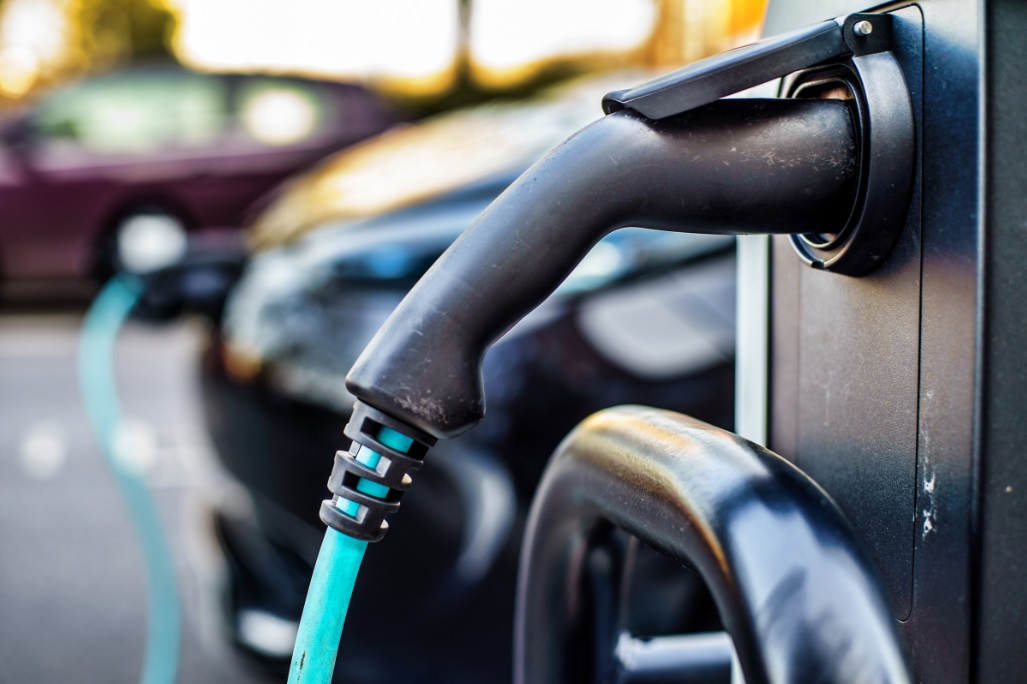New petrol cars could cost owners £700 a year more to run than EVs – analysis

New petrol cars could cost their owners around £700 a year more to run than electric models, according to new analysis.
This would lead to a “petrol premium” worth an estimated £10,000 over the expected 14-year lifetime of each vehicle, non-profit organisation the Energy and Climate Intelligence Unit (ECIU) said.
The analysis is based on the top 10 selling petrol cars of the year – such as the Vauxhall Corsa, Mini and Nissan Juke – compared with electric vehicle (EV) equivalents.
The price of fuel compared with charging an electric battery was the main reason for the cost difference, but other factors taken into account included vehicle excise duty and servicing.
Higher purchase costs of new electric cars is cited as one of the main reasons some people are reluctant to switch from petrol models.
Battery prices
But recent analysis by investment bank Goldman Sachs predicted that battery prices will fall by around 40% from 2022 to 2025 – partly due to a reduction in the cost of raw materials – which will reduce the price disparity with traditionally-fuelled new cars.
Under the Government’s zero-emission vehicles mandate, at least 22% of new cars sold by each manufacturer in the UK next year must be zero-emission, which generally means pure electric.
The threshold will rise annually until it reaches 100% by 2035.
Failure to abide by the rule or make use of flexibilities – such as carrying over allowances from previous years – will result in a requirement to pay the Government £15,000 per polluting car sold above the limits.
ECIU transport analyst Colin Walker said: “With drivers being hit by a £700 petrol premium, a switch to an EV will see a quick return on the investment made.
“However, since less than 20% of car sales in the UK are for new vehicles, it’s the growth of the second-hand EV market that is critical if more families are to be able to access the cheaper driving than comes from EV ownership.
“With the ZEV mandate coming into force next year, more new EVs will be sold which, in turn, will result in more EVs making their way onto the second-hand market in the years to come.”
EV breakdown
Earlier this week the AA said the chances of an EV breakdown being caused by running out of power has reached a record low.
Just 2.3% of the EV callouts it received in the year to the end of October were due to batteries having limited or no charge, the company said.
This is down from 8.3% in 2015 and 4.3% in 2021.
The AA attributed the decrease to the public charging network becoming larger and more reliable, improved range on newer EVs and better education and information for drivers.
It predicted that range anxiety – whereby EV drivers are concerned they will no have enough power to complete their journey – will become “a thing of the past”.
Support our Nation today
For the price of a cup of coffee a month you can help us create an independent, not-for-profit, national news service for the people of Wales, by the people of Wales.






OK, let’s take my meagre bag of loot to buy a new battery powered car… oh wait. I cannot. OK, lets buy a second hand battery car….ah, now lets see what I have for a battery car with say 80% left of capacity, can I afford a new battery….no. Can I get around the country in a battery….nah. Give people a decent lift into battery cars and a good charging network then the maybe I think about it. Reality is I run a car on a shoe string, that means I deal with the parts and sundries and consumables in… Read more »
Don’t worry,The Senedd says you can always walk or cycle instead if you cannot afford an electric vehicle.